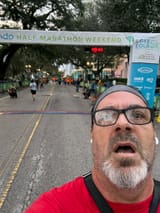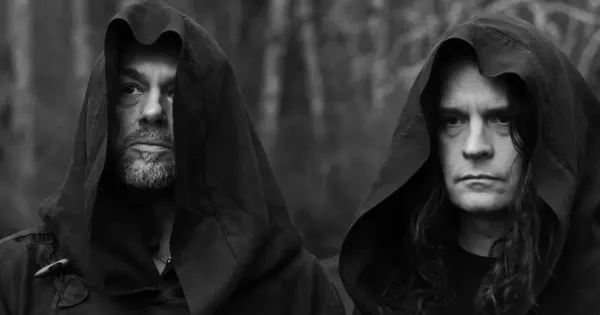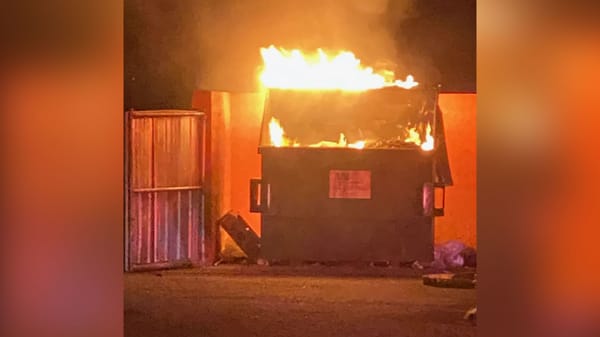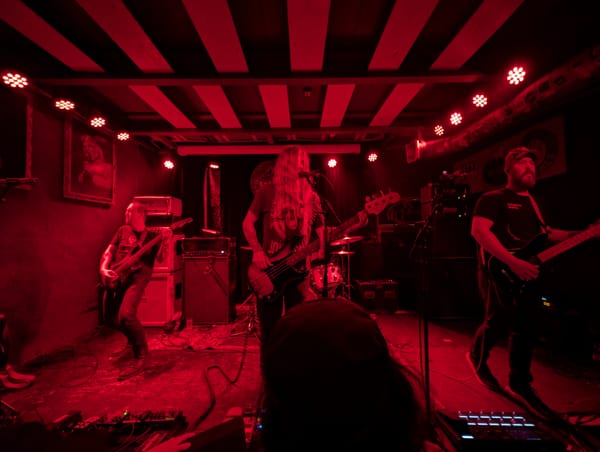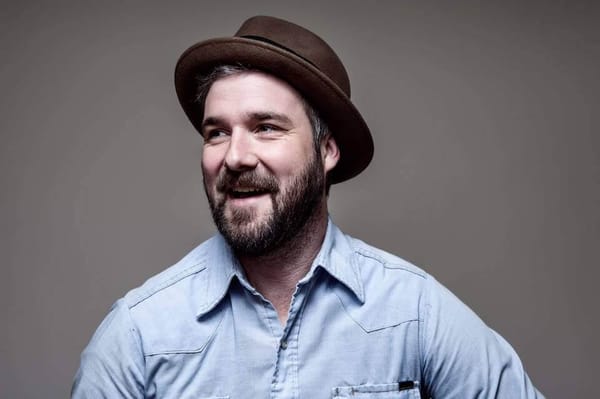Balance, Bodies, and Baldwin
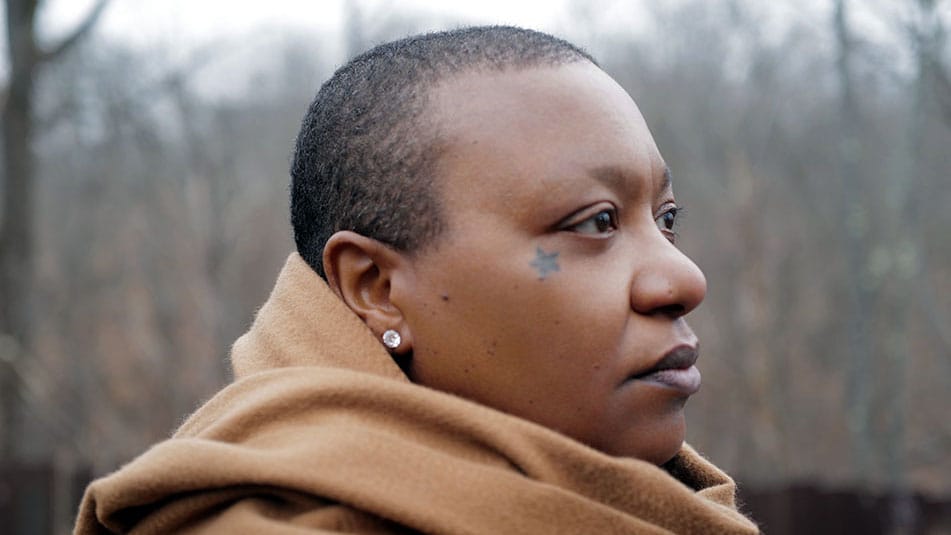
Art is not supposed to be safe. It’s been probably 20 years since I first heard that declaration, but man, does it still ring true today.
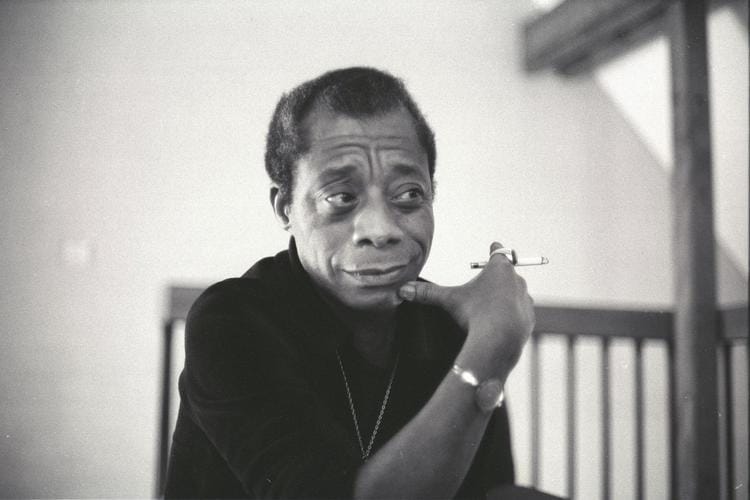
We live in a timeline where for many of us, discomfort can be a choice. We can recoil into our own personal echo chambers and let the algorithm feed us digital serotonin while the world just outside our window actively burns. If it doesn’t affect us directly, is it really happening at all? I’m not trying to sound preachy, believe me. I’m just as guilty of submerging myself in a steady diet of cat videos and vegan recipes to avoid the tsunami of “once in a lifetime” events that seem to pop up daily.
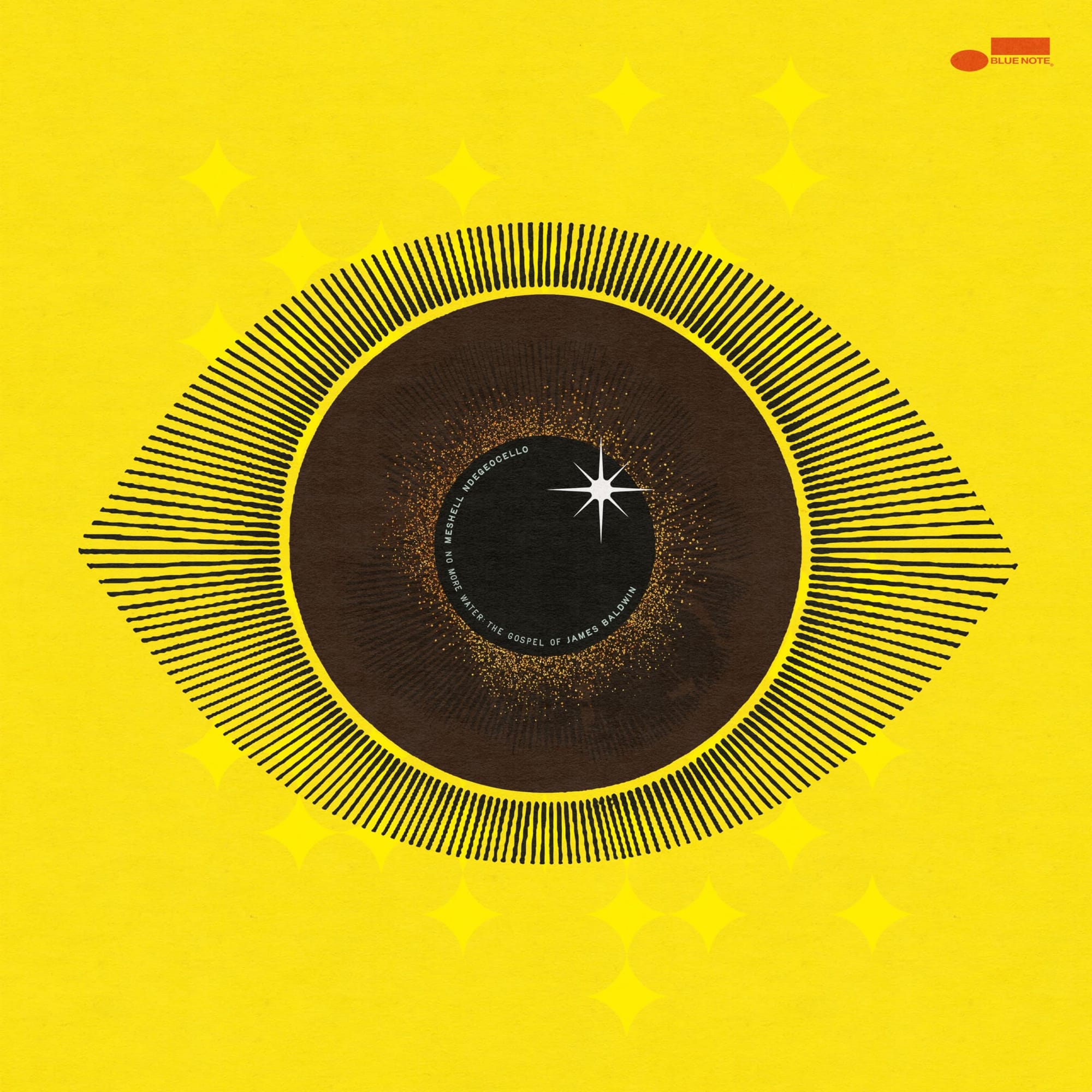
But art has a way of confronting us with the very feelings we work so hard to avoid. Whether it’s a Francis Bacon painting wrestling with religious sentiment or the prose of James Baldwin illuminating the disparity of non-white America in the 60’s, art shoulders the burden of making us think under the guise of entertainment. Meshell Ndegeocello understands and has accepted that burden with her latest record, No More Water: The Gospel of James Baldwin. Inspired by Baldwin's words and essentially a 75-minute musical essay on the state of race relations in America, it’s a heavy listen. Not “heavy” in the traditional sense of what you’d read about on this site, but “heavy” in the weight of the album’s subject matter.
Musically, the album runs the gamut of progressive afro jazz, beatnik spoken word poetry, and quiet soulful reflection that borders on light gospel. And Ndegeocello has assembled a capable cast of contributors (including Staceyann Chin, Justin Hicks, among others) to provide balance and contours to the album’s 17 tracks. But the lyrics...I wasn’t ready for the lyrics.
I consider myself to be a pretty progressive dude (if that bothers you, please eject now), but songs like “The Price of the Ticket” and “What Did I Do?” broke me. Both tracks are heavy on sentiments that I’ve privately worried about for my own loved ones, but I wasn’t prepared for an intentional confrontation with those same thoughts coming at me through my speakers. Other songs like “Travel”, “Love”, and “Pride I & II” offer more delicate moments of hope while “Raise the Roof” commands you to get off your ass and take action. But across this 75-minute journey, it’s clear that many of our friends and neighbors are not okay. And we need to know that they’re not okay. That’s a tough pill to swallow for those of us behind our white picket fences, but that doesn’t stop it from being true.
Being fully transparent though, this probably isn’t an album that I’ll spend a lot of time returning to. That has nothing to do with the music and everything to do with the run-time and weight of the album. You could shave 20-minutes off this thing and not lose any of the impact, and if you were to put the lyrics against a punk rock d-beat it’d open doors to an entirely new and receptive audience that'd be ready to riot for social change. But this isn't an album to riot to, it's an exercise in conscious reflection - and reflection is often a more complicated ask.
Regardless, No More Water is a Herculean labor of love and I’m grateful for the experience that it provided. Meshell Ndegeocello’s art is not safe, and that’s a wonderful thing.

